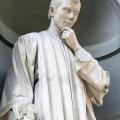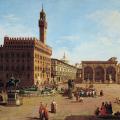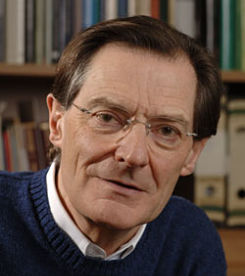351. Quentin Skinner on Machiavelli
Leading Machiavelli scholar Quentin Skinner joins Peter to discuss morality, history, and religion in the Prince and the Discourses.
Themes:
• Q. Skinner, The Foundations of Modern Political Thought, 2 vols (Cambridge: 1976).
• Q. Skinner, Machiavelli (Oxford: 1981).
• Q. Skinner and R. Price (eds), Niccolò Machiavelli: The Prince (Cambridge: 1988).
• G. Bock, Q. Skinner, and M. Viroli (eds), Machiavelli and Republicanism (Cambridge: 1990).
• Q. Skinner, Liberty Before Liberalism (Cambridge: 1998).
• Q. Skinner, Families and States in Western Europe (Cambridge: 2011).
• Q. Skinner, Freedom and the Construction of Europe, 2 vols (Cambridge: 2013).
• Q. Skinner, Thinking about Liberty: an Historian’s Approach (Florence: 2016).
• Q. Skinner, From Humanism to Hobbes: Studies in Rhetoric and Politics (Cambridge: 2018).
• Q. Skinner, Machiavelli: a Very Short Introduction (Oxford: 2019).







Comments
Misheard
What is it that made Rome great? Around minute 28, starting with "T" (not the Senate, not the popular assembly, but?..). I can't understand what your guest pronounced at that key point.
:)
In reply to Misheard by Tom
Starts with a T
"Tumults": the interclass disputes that Machiavelli saw as an important engine of Rome's success.
In reply to Starts with a T by Peter Adamson
Thanks
Tumults! Thank you :)
Wonderful - thank you!
For context: The first book on chess, by Damiano, was released in Rome in 1512.
Interviewing Skinner on Hobbes
Wonderful episode, I hope you are able to interview him again for the podcast on Thomas Hobbes (which we are years away from reaching at this point).
I'm aware you already have an interview recorded from a while back on Suarez and Hobbes with Thomas Pink.
Add new comment